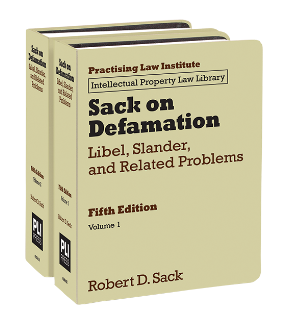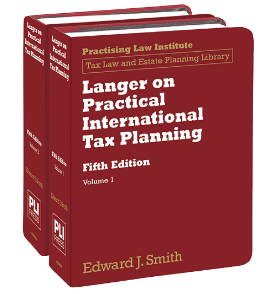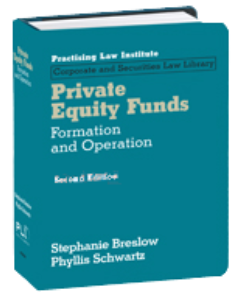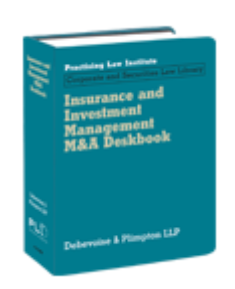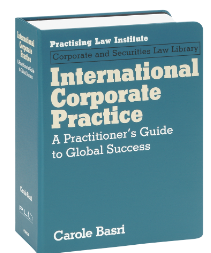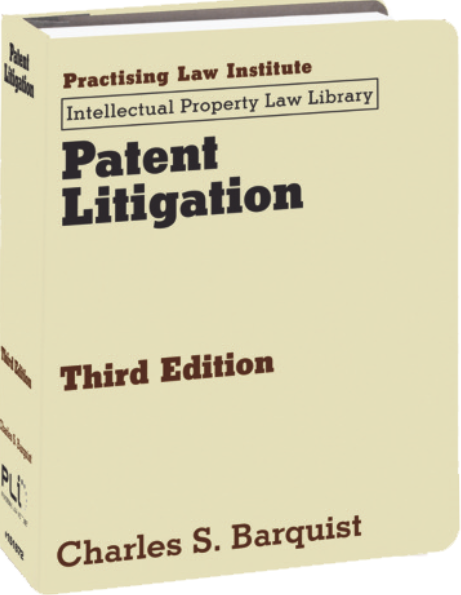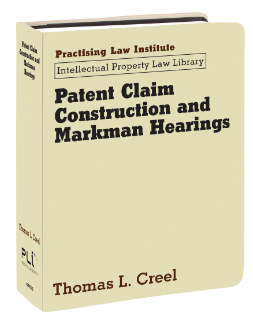
Patent Claim Construction and Markman Hearings provides an in-depth guidance to patent claims, walking the reader through the entire process of preparing for, conducting, and appealing a Markman hearing. This book includes an entire chapter on the local court claim construction rules of the various district courts that have adopted them.
This treatise helps readers understand how courts decide “what a person of ordinary skill in the field of the patent invention would understand the language of the claim to mean”, the impact of prior constructions on a new hearing, how to decide what claims or claim elements should be construed by the court, what constitutes intrinsic and extrinsic evidence in interpreting the claim, at what point in the overall patent proceeding a construction hearing should be held, and what are the rules that will be used when a contested construction is an issue in an appeal to the Federal Circuit.
The latest release includes:
- Federal Circuit cases summarizing how claim construction should be determined based on several post-Markman cases (see Chapter 1)
- Coverage of Salazar v. AT&T Mobility LLC, a Federal Circuit case questioning whether “a” meant “at least one” in a patent claim that recited “a microprocessor” that performed one function and then referred to “said microprocessor” that performed several functions (See Chapter 2).
- Discussions of Sequoia Technology, LLC v. Dell, Inc., in which the Federal Circuit explained that disclosures in other patents do not necessarily reflect what a person of ordinary skill would know or understand because such disclosures might be the patentee’s exercise in lexicography (See Chapter 6)
- Appendix C now includes the 2024 AIPLA Model Patent Jury Instructions.
The Table of Authorities has also been updated.
Order a print copy today.
PLI PLUS subscribers can access this title through their subscription.
